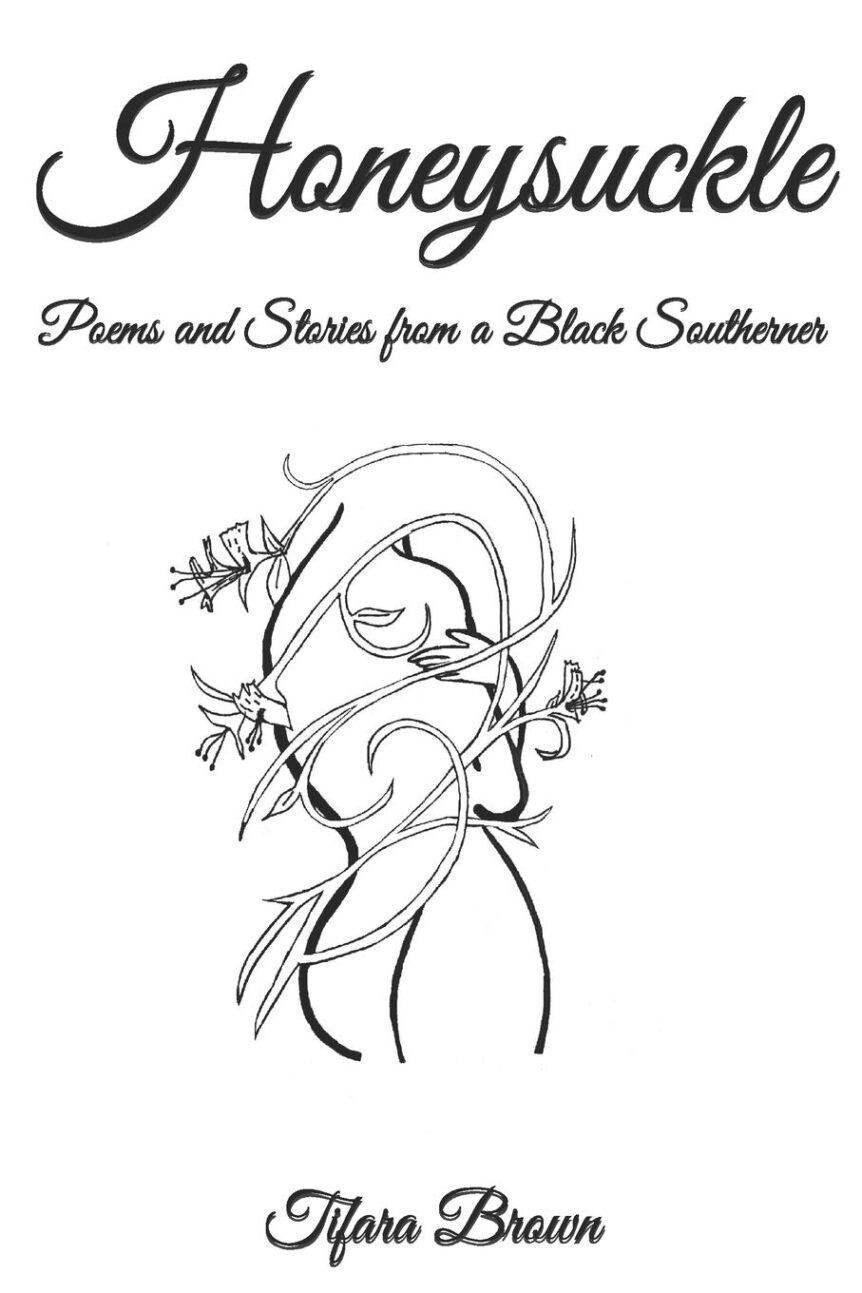How do you develop your craft?
This goes back to my family and my school.
My dad was a multi-instrumentalist and he was a church musician. He would play for different churches and my mother was the choir director. So just as literature was part of my life, so to was music. I have been a saxophone player since I was 10 years old.
I started reciting other people’s poetry when I was in Elementary School. I was 9 years old when I first got in front of an audience to recite poetry. When I went to Middle and High School I was doing poetry performance and I think my musical background in Gospel music and Jazz influenced my poetry style.
I started doing performances where I would begin with spoken word and then take my saxophone and play music which would reflect my poetry performance. There was a lot of overlap between my poetry performance style and my musical style and that is how I developed my approach to my work.
Would spoken word be your primary orientation?
I started off doing almost exclusively spoken word but in 2020 I self-published my first book. After that I started applying to have my poems published in different journals and magazines. I have been quite successful in getting my poetry published.

What about themes within your work?
I write what really should be called stories and I don’t write a poem which doesn’t have a connection to a personal experience of mine. These would be things which have happened to me, my family, people in my life and my community. That forms the structure of my poems and because of my studies in poetry I will add in imagery, metaphor, allegory, all those technical elements but I do stick to real life stories as my starting point.
In my book, “Honeysuckle: Poems and Stories from a Black Southerner” that pretty much encompasses my writing and my career in poetry up till now, focusing on being a Black American in the Deep South in the United States. The key themes are based on my experiences, a black women, living in the heart of the Southern Confederacy. That means violence, racism, segregation, oppression are a reality — but so are faith, love, resilience, power and legacy.
In fact when I have travelled and read my work to other people, often they find it hard to believe, in fact it seems unthinkable to them that 60 years after the Civil Rights Movement things are still often as bad as they were back then. In my travels people have found it hard to comprehend that I still experienced situations which are the same as that experienced by my grandparents.
I take my everyday experiences and try to shed light on what is still happening to people with my identity, to be black, to be a woman, in the Deep South. It’s the only identity I know, so I attempt to show the beauty of it while being honest about it.
Is that mainly what you write about?
My life has changed recently because I have become a mother and that has altered my focus a little bit. I find myself writing about the conversations of legacy, of relationships, of love and loss, about motherhood. I also write about the kind of world I want my son to grow up in. My life has changed since I first started writing and that change has been reflected in my writing.
See more of Tifara Brown’s work here – www.tifarabrown.com
